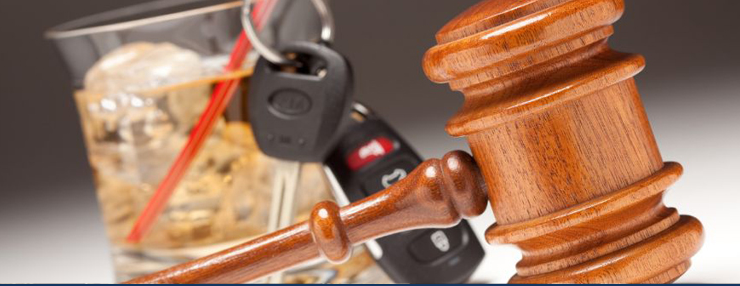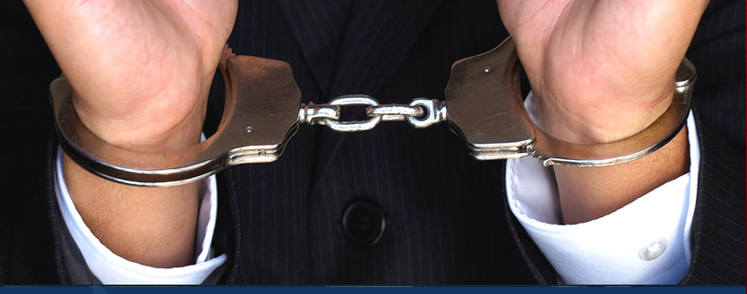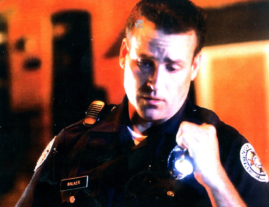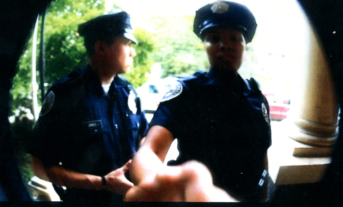A wide variety of people are arrested every day and the majority of the individuals make the same mistakes over and over again, most of the time making situation considerably worse. Nobody plans on being arrested, but you may be arrested for simply being in the wrong place at the wrong time. More important to guarding your rights and interests are ten things you SHOULD NOT do:
1. DO NOT SPEAK/KEEP QUIET
Do not say anything to the investigating police officer. You have a right to remain silent – so employ it! It cannot be stressed enough the importance of this rule. Do not talk! Don’t try to convince the officer of your innocence. It’s useless. Everyone is innocent, no one should be arrested and no one should be in jail and that is all the officer hears all day every day. They do not care generally whether you are innocent or guilty. Regardless, there is nothing they can do at this point. He or she only needs “probable cause” to believe you have committed a crime in order to arrest you. They do not decide your guilt and he actually doesn’t care if you are innocent or not. It is the job of the judge or jury to free you if he is wrong. Most times, when people speak to officers they say something that makes their situation far worse. Keep your mouth shut; there will be plenty of time to talk later. If you feel that urge to convince him he’s made a mistake, remember the overwhelming probability that instead you will say at least one thing that will hurt your case, perhaps even fatally. It is smarter to save your defense for your lawyer.
2. DO NOT RUN/DO NOT RESIST
It’s highly unlikely a suspect could outrun any police car, much less multiple ones, all converging on a block in mere seconds. Above it was noted to listen to the officer and follow whatever instructions they give. If you run, there could be additional charges. Also, police become highly suspicious that someone running has a weapon and may be quick to draw their weapon.
Perhaps the most important thing not to do is touch the police officer at all! Follow what the officer says. Fight your case, not the officer. You will lose a fight against an officer. Many people attempt to bump the officer or swat an officer’s hands away. This often becomes over-reported by the officer and the swatting becomes hitting which falls under the assault statutes and now a minor misdemeanor arrest becomes a FELONY. You could now be charged with the 3rd-degree felony of “Assault on a Public Servant.” Above all, do not push the police officer, or try to swat their hands away. That would be assaulting an officer and any slight injury to them could turn your minor misdemeanor arrest into a felony.
3. DO NOT BELIEVE THE POLICE – THEY ARE ALLOWED TO LIE
Do not believe what the police tell you in order to get you to talk. The law permits them to lie to a suspect in order to get him to make admissions. In fact, it is perfectly legal for the police to lie to get you to make an admission. In fact, they are trained to lie to you to get the confession. It is called the Reid Technique, you can read more about HERE. For example, they will separate two friends who have been arrested and tell the first one that the second one squealed on him. The first one then squeals on the second, though in truth the second one never said anything. An even more common example is telling a suspect that if he talks to the police, “it will go easier”. Well, that’s sort of true. It will be much easier for the police to prove their case. I cannot recall a case where a prosecutor gave the defendant an easier deal because he waived his right to silence and confessed. LIES!!! DON’T BELIEVE THE LIES! It will only be easier for the police to prove their case!
4. BE POLITE
It doesn’t matter if you have been wrongfully arrested and you are full of rage from the injustice. Try to resist the temptation to spout off terrible things to the police officer, even if you have been wrongly arrested. Police have a lot of discretion in what charges are brought. They can change a misdemeanor to a felony, add charges, or even take the trouble to talk directly to the prosecutor and urge them to go harder on you.
5. DO NOT CONSENT TO ANY SEARCH
Do not allow the police to search anywhere! If they ask, it probably means they don’t believe they have the right to search and need your consent. If you are ordered to hand over your keys, state loudly “You do NOT have my permission to search.” This is also a good reason not to talk, even if it seems all is lost when they find something incriminating. If the police officer asks, they do not have the right to search and must have your consent. If you are asked make sure you proclaim to any witnesses that “You (the police) do not have consent to search.” Also, if you consent to a search, the officers may find something that you had no idea you or someone else had left in there.
6. DON’T LOOK AT PLACES YOU DO NOT WANT TO BE SEARCHED
Police are trained to watch you and react to you. If the police are searching your car or home, don’t look at the places you wish they wouldn’t search. Don’t react to the search at all, and especially not to questions you know are asked to elicit a response of some sort. Do not react to the search and do not answer any questions. LOOK DOWN AND KEEP YOUR MOUTH SHUT!!!
7. IF ARRESTED OUTSIDE YOUR HOME, DO NOT GO BACK INSIDE
If you are arrested outside your home, do not accept any offers to let you go inside to get dressed, change, get a jacket, call your wife, or any other reason. The police will, of course, escort you inside and then search everywhere they please, again without a warrant. The officer may say to you, how about you go inside and change, freshen up, talk to your wife, husband, get a jacket, or provide you with any other reason. The police will graciously escort you in and then tear your home apart searching through it. Likewise decline offers to secure your car safely. Your car is fine.
8. DON’T SAY A WORD!!!
It’s incredible how many people feel that they can convince the officer, the booking officer or a detective (if your case reaches that stature) that they are not guilty. YOUR CASE IS NOT DECIDED BY THESE PEOPLE. They have no effect on guilty or not guilty. Wait to speak to your lawyer! My hardest cases to defend are those where individuals engaged in too much conversation. Incredibly, many will start babbling without the police having asked a single question. Judges and juries will discount or ignore what a suspect says that helps him, but give great weight to anything that seems to hurt him. The courts and juries, in particular, give enormous weight to “confessions” during this stage.






















